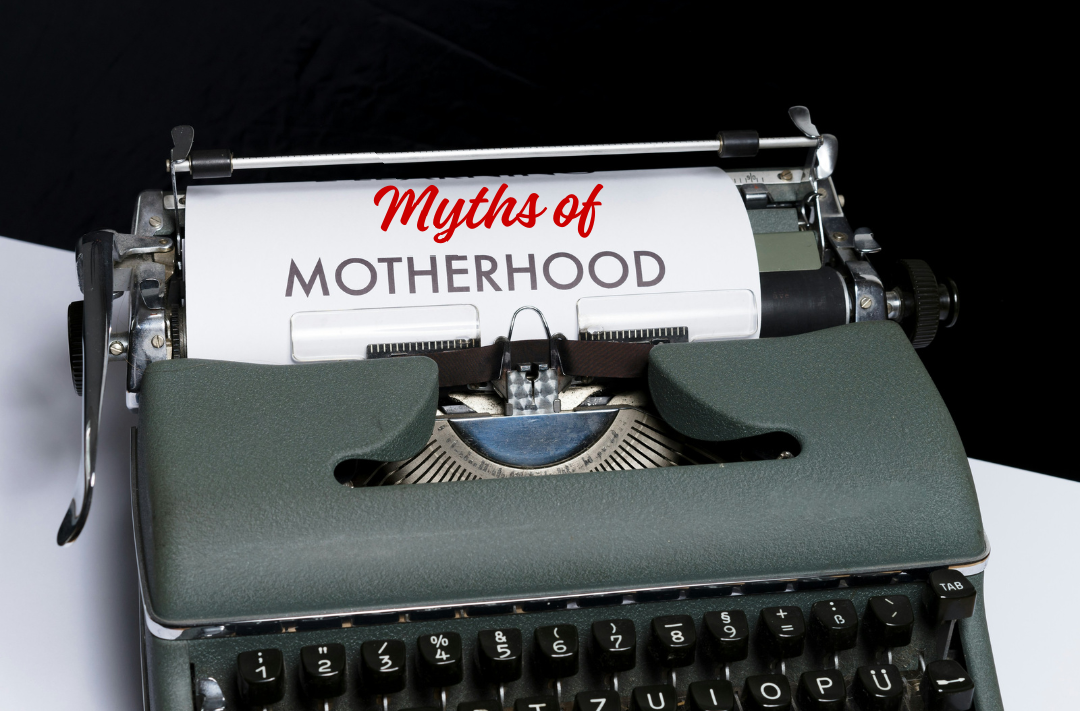Postpartum anxiety can feel like you’re living in a constant state of “what if?” What if something happens to the baby, what if I can’t handle this, what if I never feel calm again? First, let me tell you, you’re not alone. Many new parents experience these thoughts, often with physical symptoms like racing heart, restlessness, and difficulty sleeping. But the good news is that postpartum anxiety is treatable. So, let’s talk about how it is treated and what healing can look like.
Understanding What’s Really Going On
Before we can talk about how postpartum anxiety is treated, it helps to understand what’s happening in your body and brain. After giving birth, hormones fluctuate dramatically, sleep becomes fragmented, and life feels unpredictable. For people with a history of anxiety, ADHD, or perfectionism, this can amplify worry and control-seeking behaviors. Recognizing this as a physiological and psychological response, not a personal failure, is the first step toward healing.
Here are 4 ways postpartum anxiety is treated:
1. Therapy
This is one of the most effective answers to how it is treated. There are many types of modalities clinicians use that are helpful. For example, Cognitive Behavioral Therapy (CBT) helps you identify and reframe anxious thought patterns. Acceptance and Commitment Therapy (ACT) teaches mindfulness and self-compassion. For many women and birthing people, working with a therapist who specializes in perinatal mental health offers a safe space to explore fears without judgment.
Therapy also helps normalize intrusive thoughts, regulate nervous system responses, and develop coping strategies tailored to the unique stressors of early motherhood. It offers a space to explore how myths of motherhood, such as “breastfeeding is easy”, or “there is such a thing as a perfect mother”, that contribute to postpartum anxiety.
2. Medication and What the Evidence Shows
For many parents, therapy plus an SSRI is the most effective way to treat moderate to severe postpartum anxiety. Two things can be true at once: (1) medications are not always necessary, and (2) when symptoms are impairing sleep, functioning, bonding, or safety, medication can be both appropriate and lifesaving.
Major medical organizations agree that commonly used SSRIs (e.g., sertraline, escitalopram) have reassuring safety profiles in pregnancy and postpartum, and sertraline/paroxetine are often first-line while breastfeeding due to very low milk transfer.
However, the decision is individualized. One made with your OB/Psychiatry/PMHNP team. Balancing potential medication risks and the well-documented risks of untreated anxiety/depression (preterm birth, poor sleep, relationship strain, and increased suicidality) is an important part of postpartum anxiety treatment.
A Gentle Note On Recent Misinformation
In July 2025, an FDA “expert panel” discussion emphasized speculative SSRI risks in pregnancy while minimizing the harms of untreated perinatal mental health conditions. Leading organizations including ACOG and the Society for Maternal-Fetal Medicine publicly pushed back, reiterating that SSRIs remain appropriate options when clinically indicated and that policy commentary should reflect the totality of evidence. If you’ve seen alarming headlines, talk with your clinician and review the sources at the end of this blog.
3. Lifestyle and Supportive Care
Another essential layer of how postpartum anxiety is treated involves restoring the body’s equilibrium. This might include:
- Prioritizing restorative sleep, even if it means asking for help with night feedings (at least 4 hours of uninterrupted sleep is recommended)
- Regular meals to stabilize blood sugar and mood
- Gentle movement, like walking or yoga
- Connection with supportive people like friends, family, or postpartum support groups
Learning to delegate, say no, and protect your energy are all part of healing.
4. Support Groups and Community Care
Connection heals. Whether it’s an online postpartum support group or an in-person circle of new mothers, sharing your story reduces shame and isolation. In group settings, women often find reassurance hearing others share similar thoughts, fears, and experiences. Being in a shared space with other new mothers, birthing people, parents, who are going through the same thing at the same time, is incredibly powerful and therapeutic.
Healing Takes Time (and That’s Okay)
There isn’t a one-size-fits-all answer for how postpartum anxiety is treated. Healing is psychological, emotional, physical, and physiological. A blend of therapy, self-compassion, nervous system regulation, and sometimes medication is what is often needed to heal and feel like yourself again. Most importantly, overcoming postpartum anxiety doesn’t mean you never feel anxious again, it means anxiety no longer controls your life.
If You’re Struggling Right Now
If you suspect you are struggling with postpartum anxiety, please know that help is available. Reach out to a therapist who understands perinatal mental health. You can find a therapist by visiting Postpartum Support International for resources and local support. You don’t have to “white knuckle it” and you don’t have to go through it alone.
Jacqueline V. Cohen is a licensed professional counselor and an ADHD-certified clinical specialist provider specializing in perinatal mental health and adult ADHD. To learn more about her services, you can go to her website. You can also contact her by email.
Resources:
- ACOG Clinical Practice Guideline (2023) – Comprehensive, peer-reviewed guidance on treating mental health conditions in pregnancy & postpartum; supports SSRI use when indicated.
- ACOG Statement (July 21, 2025) – Reaffirms that “robust evidence has shown that SSRIs are safe in pregnancy and that most do not increase the risk of birth defects.”
- SMFM Response (Sept 3, 2025) – Calls out inaccuracies from the FDA panel; emphasizes evidence-based access to SSRIs during pregnancy.
- MGH Center for Women’s Mental Health (July 2025) – Clinician summary highlighting the panel’s imbalance and the risks of leaving illness untreated.
- LactMed – Sertraline (updated May 15, 2025) – NIH database: infant exposure via milk is typically low/undetectable; few adverse events reported. Great for breastfeeding FAQs.
- Systematic reviews on breastfeeding: Sertraline/paroxetine often preferred during lactation due to minimal infant serum levels.
- Congenital malformations risk: Large, modern analyses (with appropriate depression-comparison groups) find no robust increase in overall major malformations with first-trimester antidepressant exposure.
- Cohort/meta-analysis (BMJ Open, 2024): Updated look at antidepressant exposure and malformations—useful for discussing specific agents and confounders.
Get your free copy of my e-book: Motherhood and ADHD
You will also receive a subscription to my newsletter.



